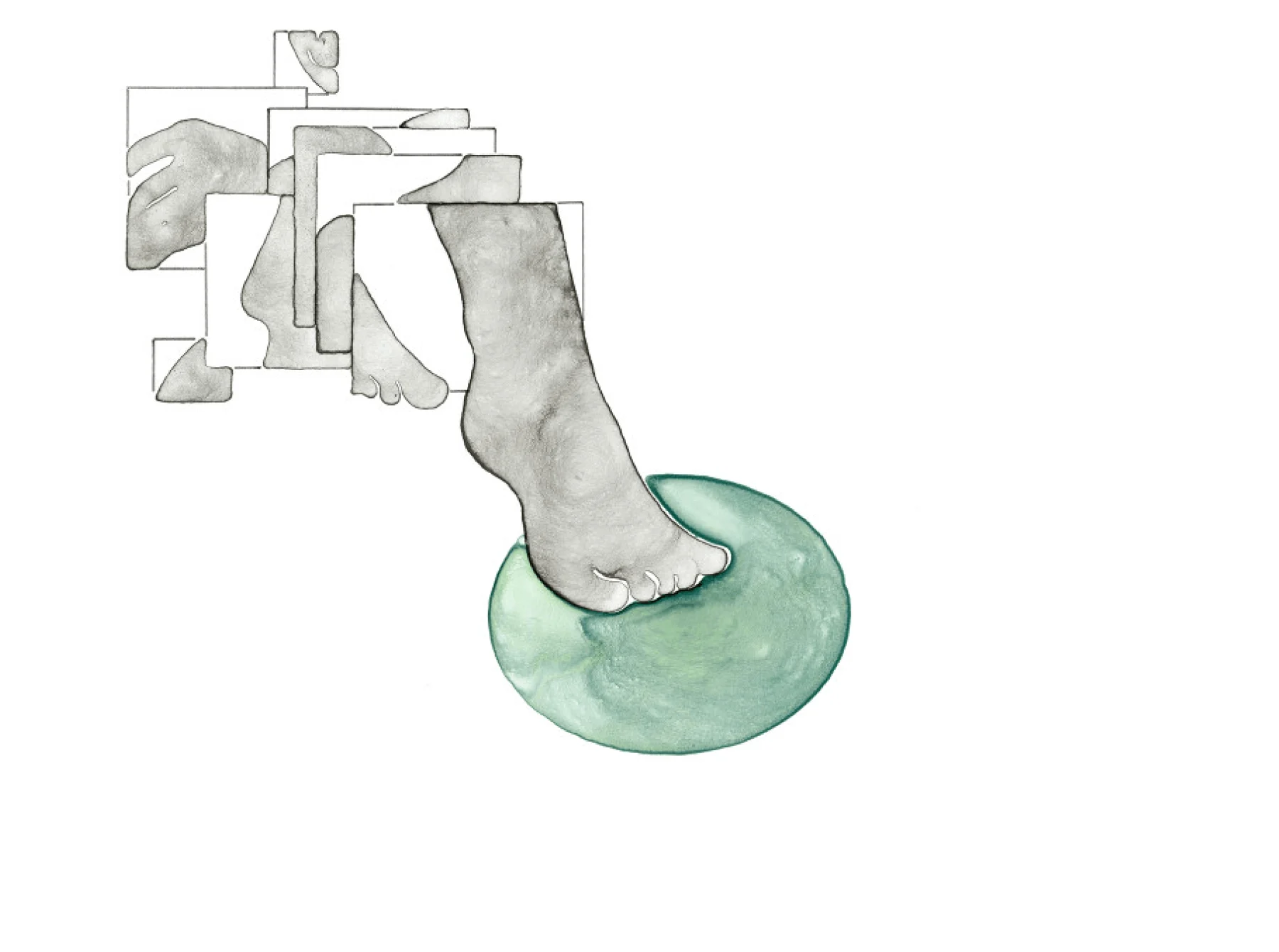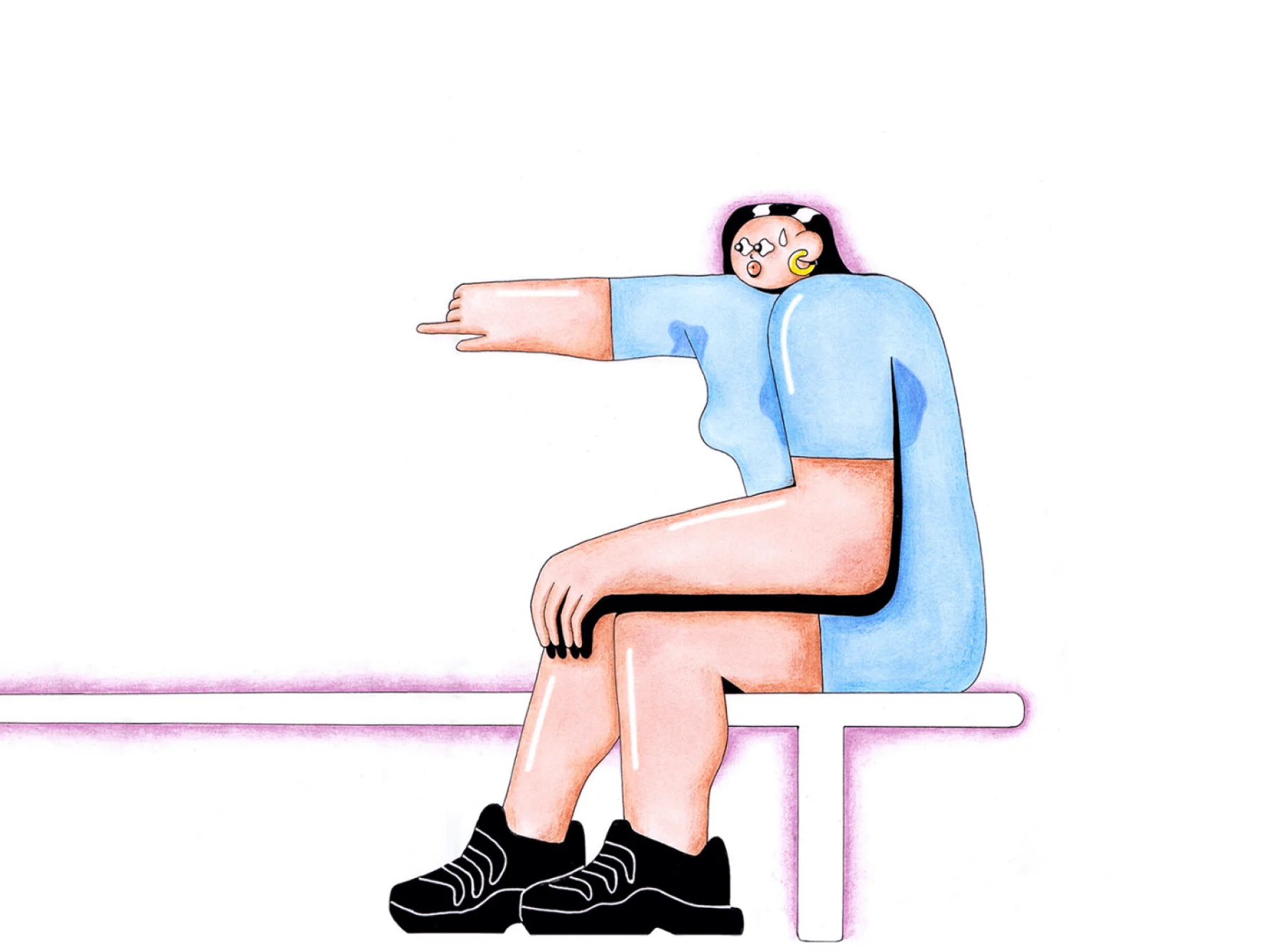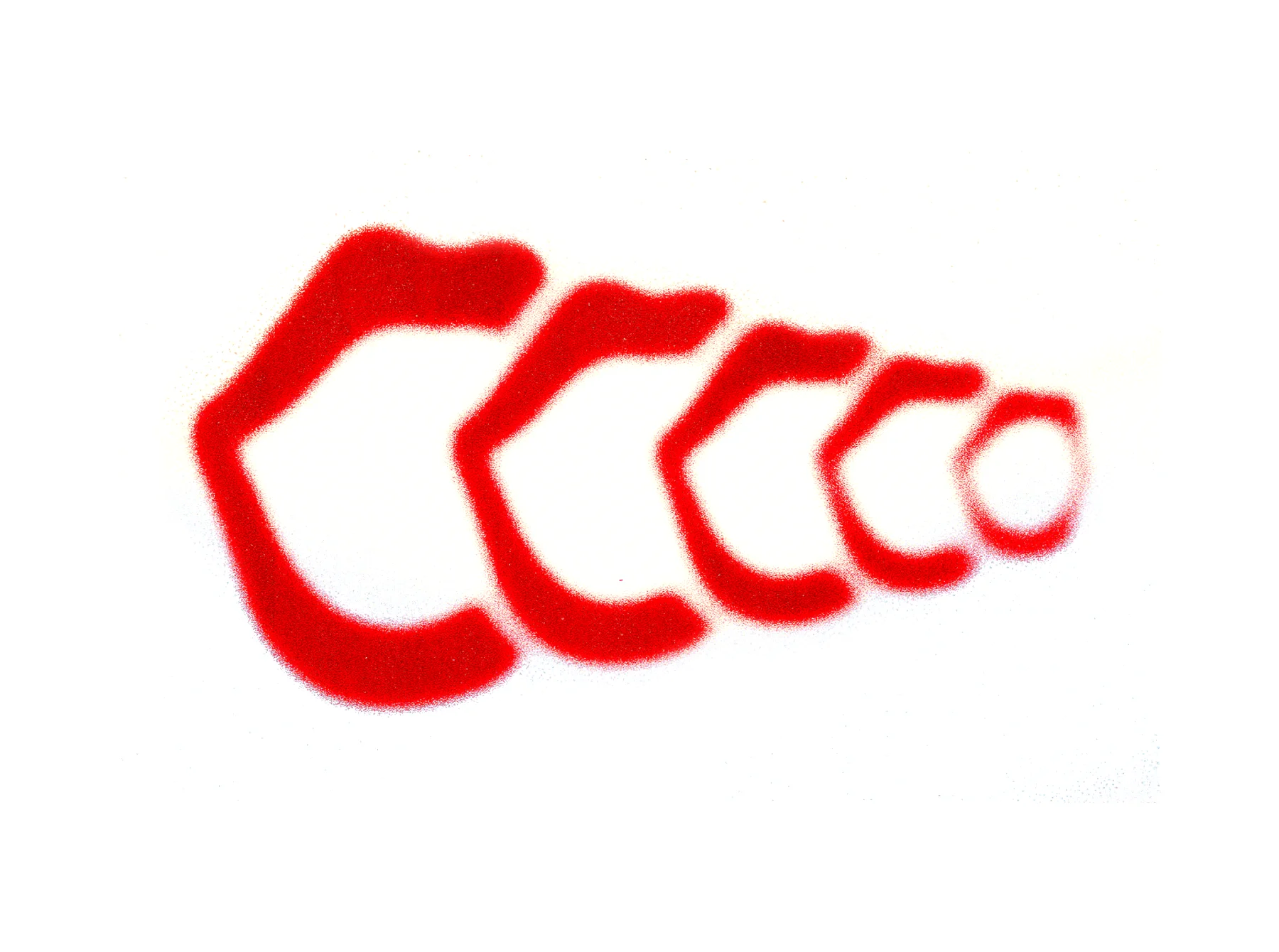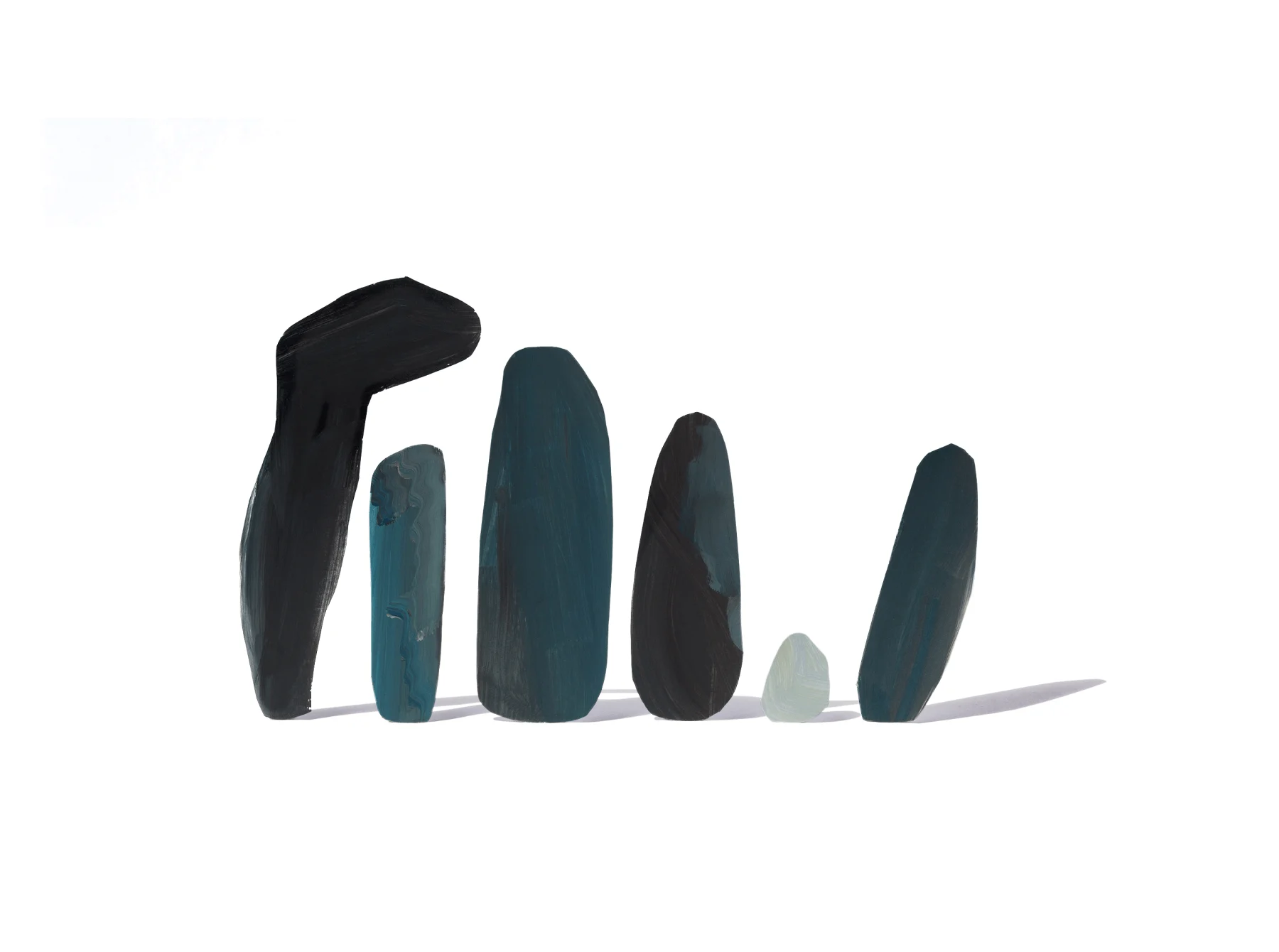

When you first start out in the creative industries, there is a lot of received wisdom. "This is how it works." "That’s just the way it is." But how true are these truisms? We partnered up with Lecture in Progress to look at six myths you often hear when it comes to creative careers and find out how true, if at all, they really are.
Illustrations by Camilo Huinca.
Myth 2: You should never work for free (when starting out)
Who doesn’t love getting something for free? Free samples, free trials, free toys in your cereal. It’s nice knowing that you’re receiving something without having to hand over any extra cash. But it doesn’t take too long before that feeling is replaced with immediate suspicion: where’s the catch?
For creatives in particular, the F-word has become synonymous with exploitation: false promises of fame and exposure. Getting something for free? Great. Doing something for free? No thanks.
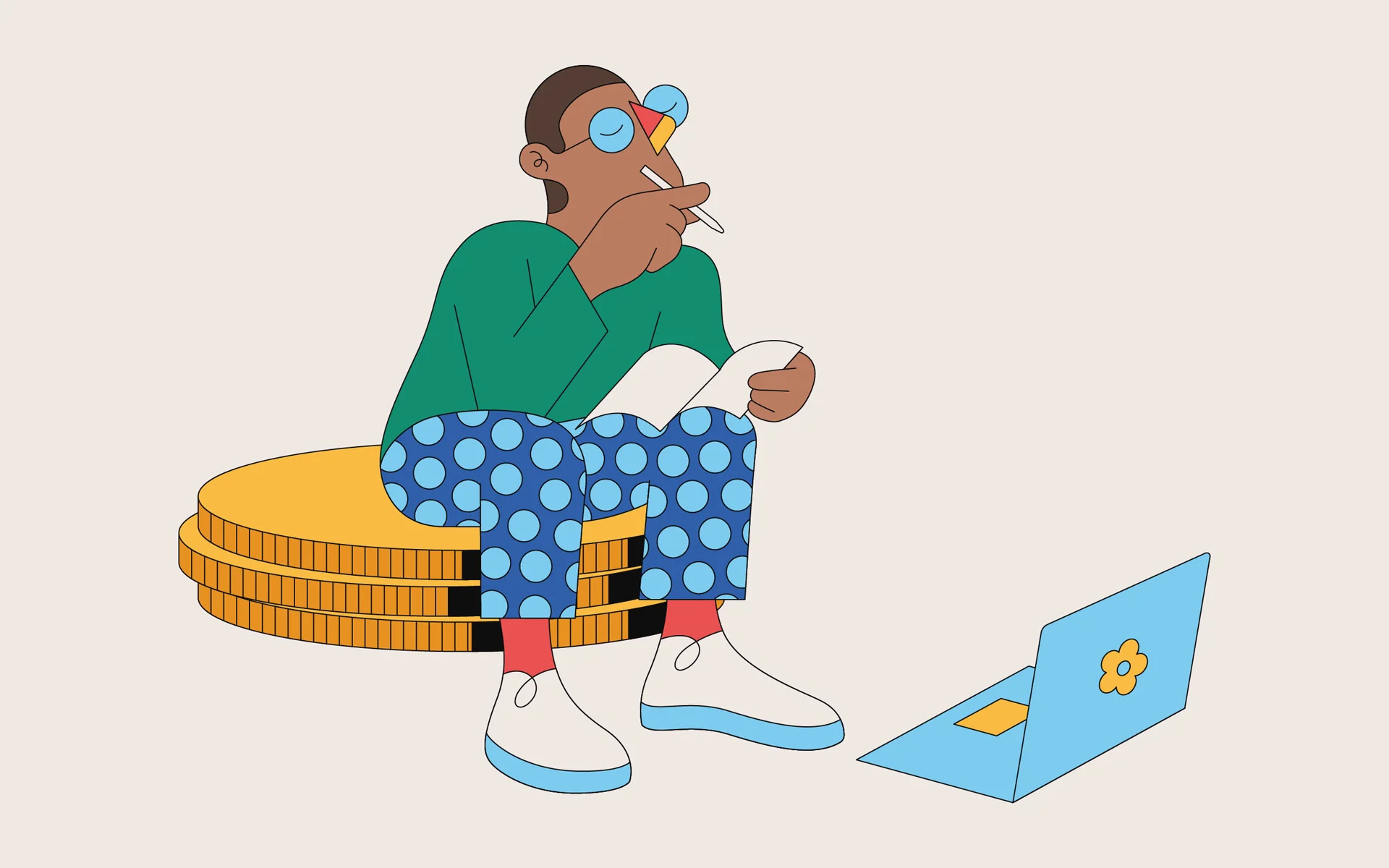
The debate has been won
“The creative industries – film, design, media, fashion – are some of the worst users and abusers of unpaid interns,” says New Zealand filmmaker Leo David Hyde. “Companies exploit the fact that so many people are looking for career opportunities and play us off against each other in a race to the bottom on payment and working conditions.”
In 2015, Leo drew attention to this issue while he was interning, unpaid, at the United Nations in Geneva, Switzerland. He made headlines after it was revealed he was living in a lakeside tent as he couldn’t afford the rent in one of the world’s most expensive cities.
The tent was a stunt to raise awareness about unpaid internships. Together with his partner Nathalie Berger, he released a documentary about the experience. “We emailed hundreds of employers of unpaid interns, asking them to take part: none would go on the record. It’s rare to hear an employer speak publicly about how great unpaid internships are today. This shows the debate has been won: not paying young people for their work is a moral (and often legal) failure and is pretty much indefensible.”
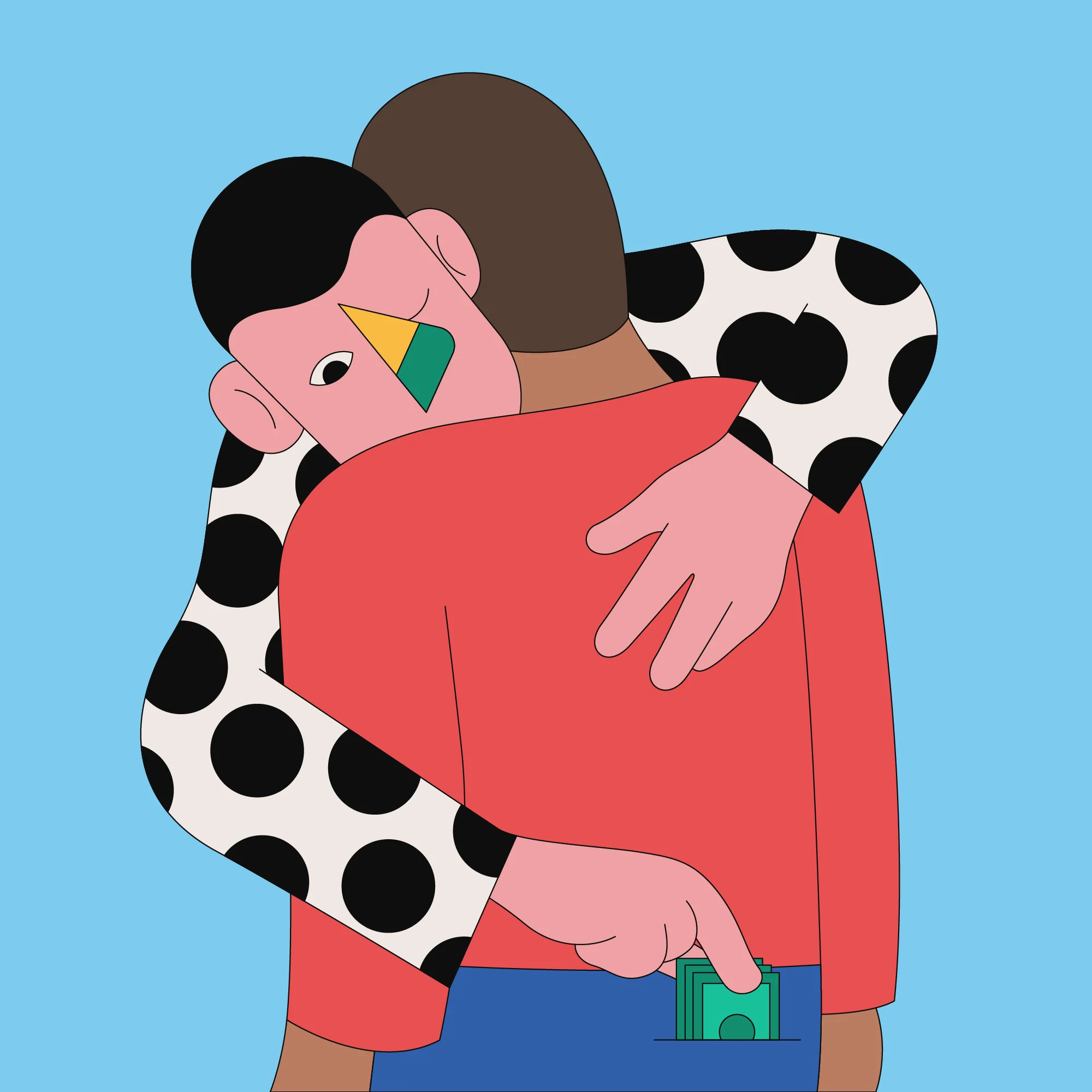
Fuck you, pay me
We’re not just talking about internships here. There really are very few arguments out there to suggest that doing unpaid work of any kind is ever a good idea. While the world might finally be waking up to this, we know that creative skills are valuable, in high demand and should be paid for. The World Economic Forum also reckons that creativity will be the third most important skill for future jobs by 2020 .
In 2011, a mantra against unpaid work was born, when American design director Mike Monteiro took to the stage in San Francisco, to talk about being paid as a freelancer. Together with his audience, he chanted the Goodfellas-originated phrase: “Fuck you, pay me”. At a time when we’re still having to reaffirm that a creative career is more than just a “hobby”, it’s not hard to understand why the phrase resonated so widely in creative circles. At this point, any sort of unpaid work is seen as unacceptable.
Sometimes it’s better to work for free, and build a portfolio with a team, where you get to be the creative director, and lead the photo shoot
And yet, in the UK alone, in 2017 it was estimated that free work was costing freelancers an average of £5,394 a year; 90% of arts internships still remain unpaid; and in a 2018 survey, a massive 54% of illustrators said they had worked for free, but wouldn’t again. You should never work for no money, but somehow, it seems like we still are.
And the question of working for free isn’t just a concern for those starting out; it continues to plague creatives throughout their careers . It’s the debate that just won’t die. One of the reasons creatives are still doing it, is because clients continue to ask them to.
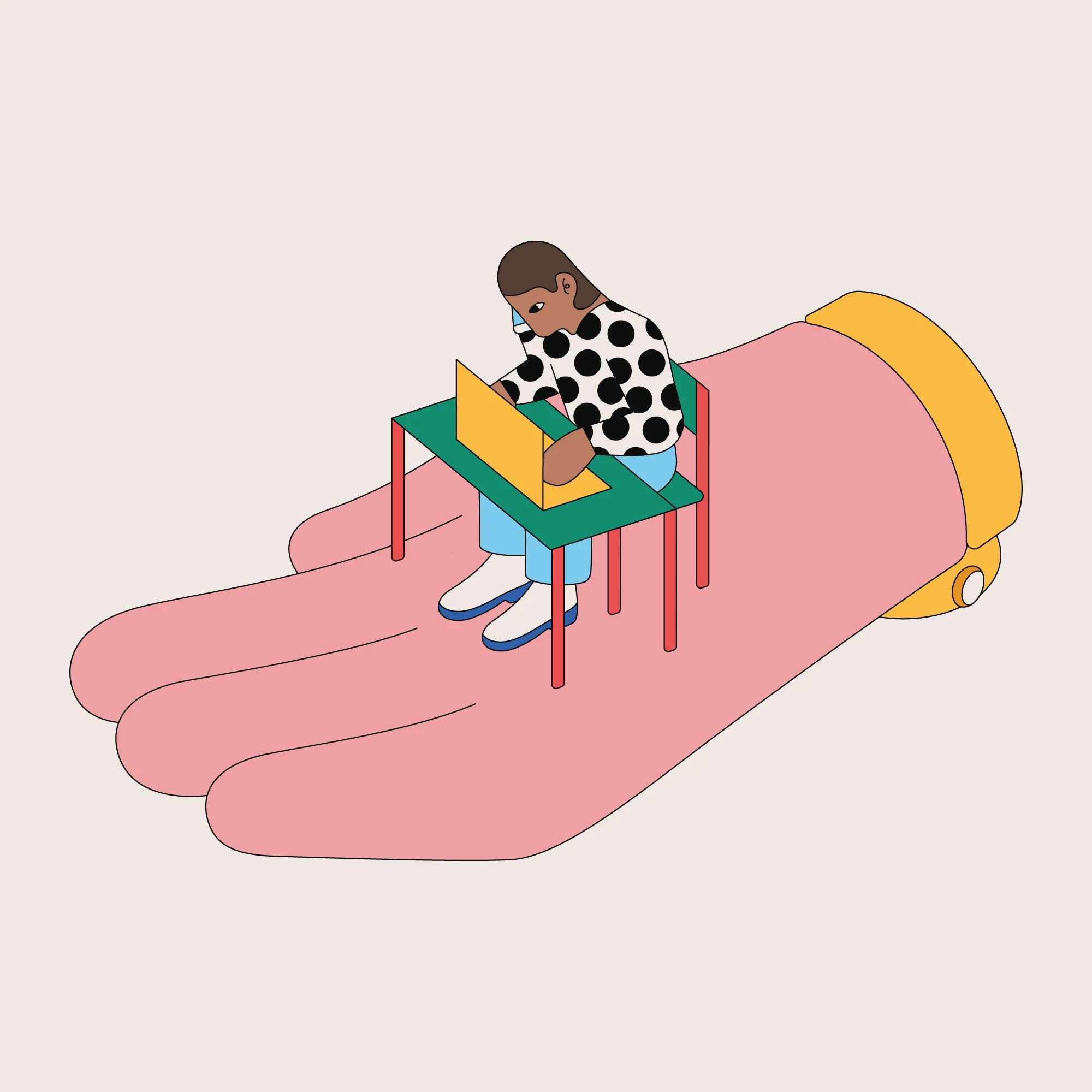
Collaboration-gate
Only now, clients are careful to package the request somewhat differently. Hong Kong-based illustrator Charlene Man experienced this when a well-known fashion magazine pitched her a potential project as a collaboration . “It was totally a commission,” says Charlene, “I would have had to do exactly what they wanted.” So with no fee and no creative freedom available, she turned it down.
But the other reason creatives are still taking on unpaid work is because they want to. You might be approached to work on a cause you believe in, and want to support. Your brother’s band might need a new logo, or your mate’s new website might need some editing. In fact, American designer Paula Scher told AIGA Eye on Design that the things she did for free over the years were “very significant parts” of her body of work. But Paula insists, you have to set boundaries.
“You’re not going to collaborate. You’re going to do the job the way you think the job is gonna be done – and they’re gonna use it,” she added. “That’s a power thing. That’s not a victim thing.” Doing pro bono work is a personal decision – it doesn’t mean you’ve been duped, or that you don’t value your skills or time. She knows this first hand: her now renowned hand-painted maps came about from an unpaid project for AIGA back in 1988.
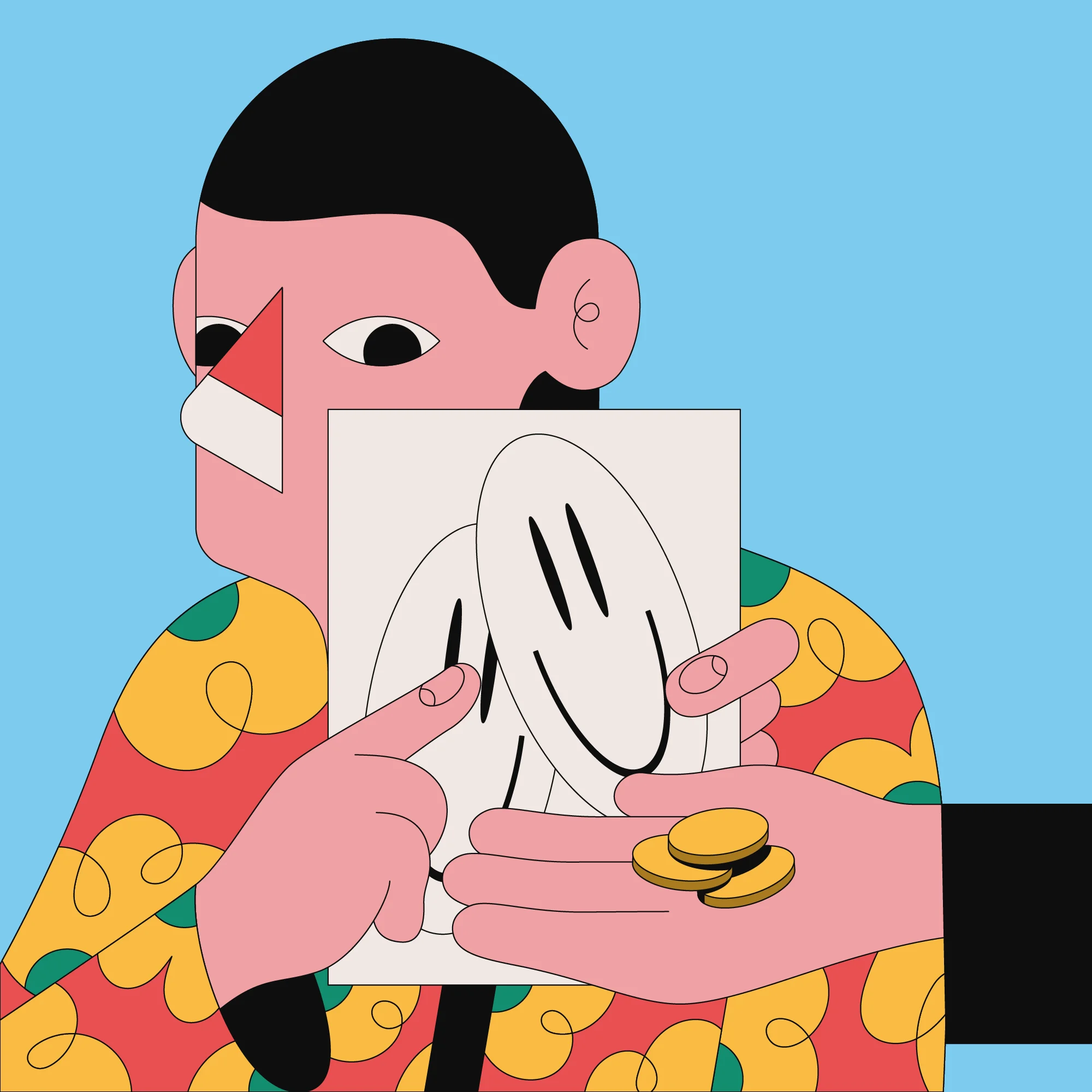
Technology has flattened the world
Of course, it’s naive to think that any of this would be possible without the internet. When American political commentator Thomas L Friedman’s book, The World is Flat, was published in 2005, he described how technology well, flattened things. In terms of work, this meant that, globally, we were suddenly on a much more even playing field. It was a shift that “accidentally made Beijing, Bangalore and Bethesda next-door neighbours”, meaning that everyone and anyone would be able to “plug in and play”.
Plug in and play they did. Today, the numbers of people working remotely are through the roof. In fact, it’s reported that at least 70% of people globally work remotely at least once a week. Even the latest update of video game The Sims offers players freelance career options, where their Sim can work from a location of their choosing.
The benefits are clear for businesses like online coding school SuperHi, whose team are mostly remote, dotted between the US and the UK. For its New York-based founder Rik Lomas, working in this way offers access to a broader pool of talent: “We can pick the best people in the world, rather than just New York," he says. For creatives, too, that means a wifi password is a passport to work anywhere in the world. One member of Rik’s team works from a co-working space more than 3,000 miles away, on a farm in Scotland.

Opportunity is not a destination
So, in a flat world, as the “decade of the city” winds down, is relocating to the nearest metropolis still essential for a budding career? According to our watches, no.
The thing is, relocating, although brave, is always a risk. Moving to a bigger city for some vague notion of finding “opportunities” is a bit like doing work for “exposure”; there’s no real promise here. And while that might sound pessimistic, it’s actually a pretty positive sign, because opportunity is not bound by geographical borders. It is not its own destination. Today, more so than ever, we’re able to work more flexibly, and create opportunities anywhere. So before you go booking a plane ticket, make sure you’re making most of exactly where you are first. Who knows where it might take you.


